
Allen J.G. - The Complete Q&A Job Interview Book (2004)(4th ed.)(en)
.pdf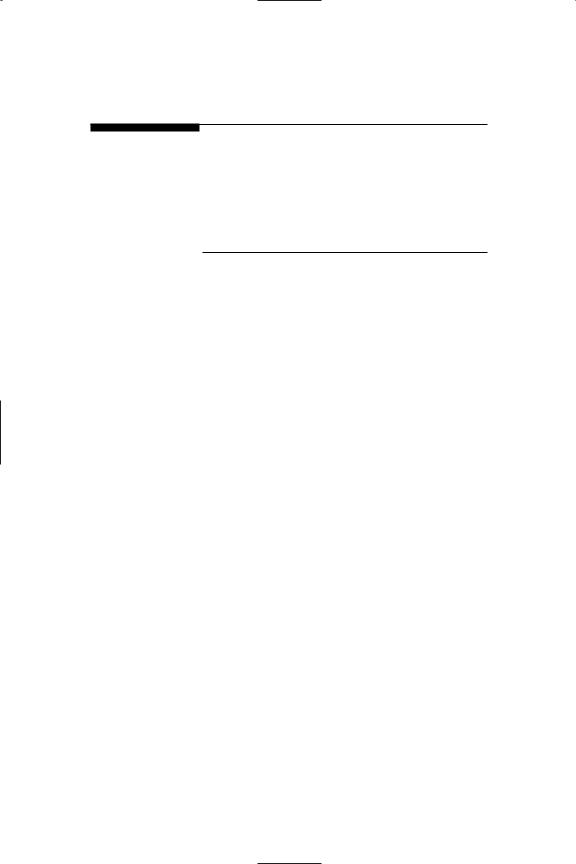
Chapter
9
Experience
and Training
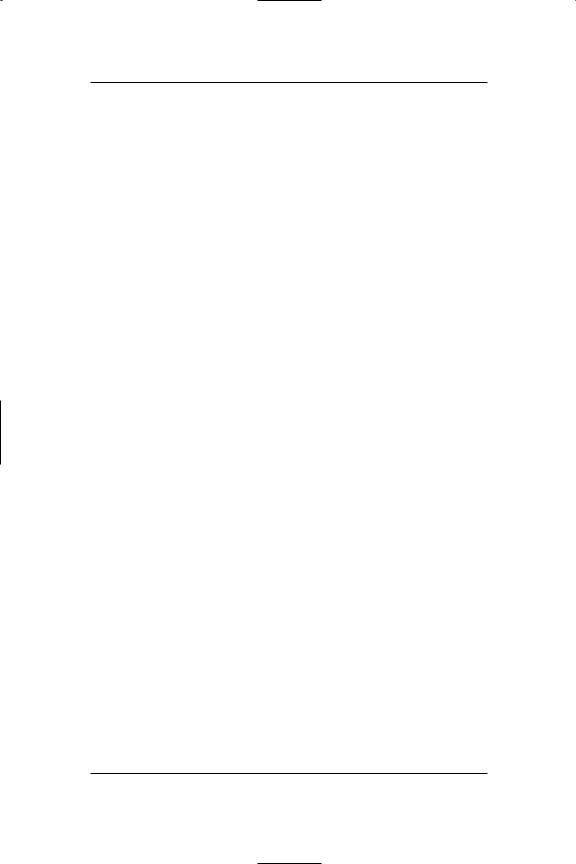
CHAPTER 9
DELIVERY
Experience isn’t what you’ve done; it’s what you do with what you’ve done. Everyone who is the same age has the same amount of experience—it’s just that each person has it in different areas. Those different areas are really just matters of focus.
Even nontraditional experience can apply to the requirements of the target job. As you prepare for your interviews, take an experience inventory. Be sure to include knowledge and skills gained from part-time jobs, volunteer work, and community service.
Training is everywhere: adult education programs, community colleges, university extension courses, trade or technical schools, and correspondence courses. If you want to acquire new skills—or brush up on old ones—to meet the requirements of the job you’ve targeted, get the training you need without delay. Just be sure the course is skills oriented (no theory unless you need it for the job), inexpensive, and short enough to give you a certificate of completion within a few months. Anything longer is unlikely to make much difference in getting hired.
But if you have set career goals that will require longer training—such as completion of a bachelor’s or graduate degree—go for it. The long journey begins with that first step. In the meantime, explore job opportunities at lower levels in the same field. If your ambition is to be a registered nurse, apply for an entry-level job in a hospital or clinic. By the time you’ve completed your course of study, you’ll also have several years of related experience and will be all the more valuable in your target job.
152
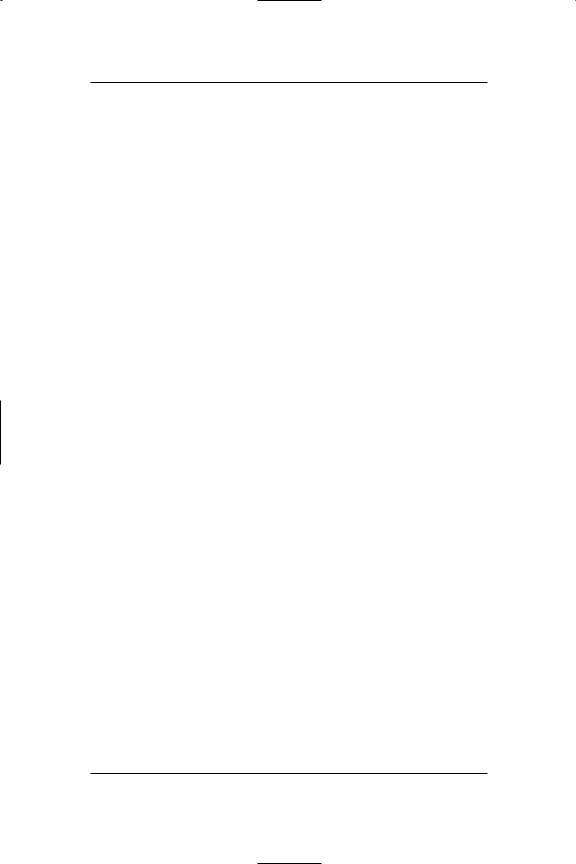
EXPERIENCE AND TRAINING
Employers say they want people with potential. But reality doesn’t yield to rhetoric. They want skills. Usually yesterday.
SCRIPT
1.How did you get into the type of work you are doing now?
(The first part of your answer should include specific information about the career path that led you to your present job. Rough out your script in the lines provided. Then close with the scripted paragraph that follows.)
_____________________________________________________
_____________________________________________________
_____________________________________________________
_____________________________________________________
_____________________________________________________
____________________________________________________.
Considering my educational background, my interest in _______________________________, and the satisfaction I derive from completing a job properly, I decided to become a __________________________.
I don’t think I’d be able to really excel if I weren’t truly interested in the job or if I were merely motivated by its financial rewards. However, because I find the work both challenging and fulfilling, the better I do, the more I enjoy it.
153
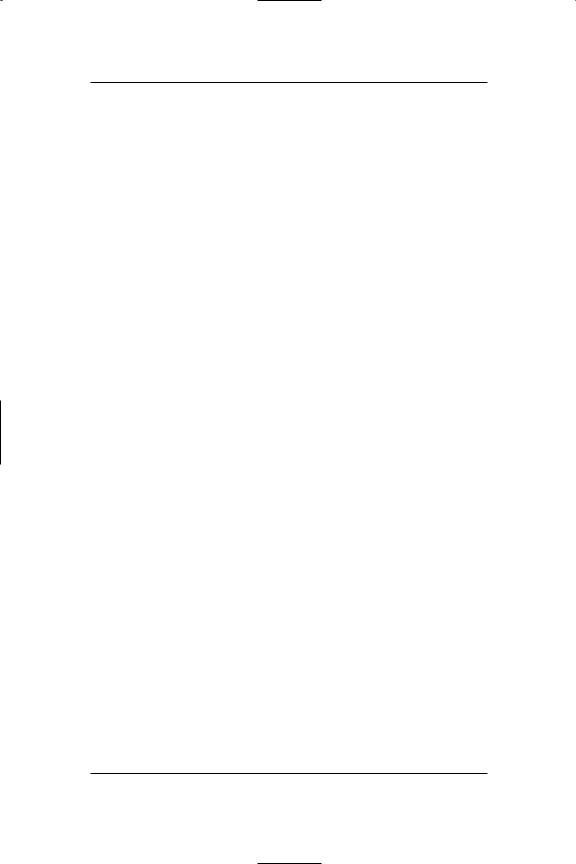
CHAPTER 9
2.What have been the biggest frustrations in your career?
I’ve always approached my career with enthusiasm, so I really haven’t experienced much frustration. The primary annoyance on the job is from fellow workers who don’t seem to be interested in performance, only in their paychecks.
It isn’t that everyone should live up to my standards, but hard work and respect for others are common denominators for any successful team. Beyond that, the primary motivation should be to excel—to find ways of doing things better, faster, and more effectively.
However, when I find myself up against a source of annoyance, I convert it to an opportunity to prove myself and set an example for others to follow. It has worked very well—for them and for me—because enthusiasm is contagious.
3.What have been the biggest failures in your career?
While I honestly can’t recall any major failures, I’ve had a few temporary setbacks—mainly when I tried to do too much at once. There are times when we’re called upon to produce more results in less time. When you work at maximum production anyway, it’s unrealistic to expect a week’s work to be done in a day without the quality suffering.
In one instance, when I was given an assignment
154
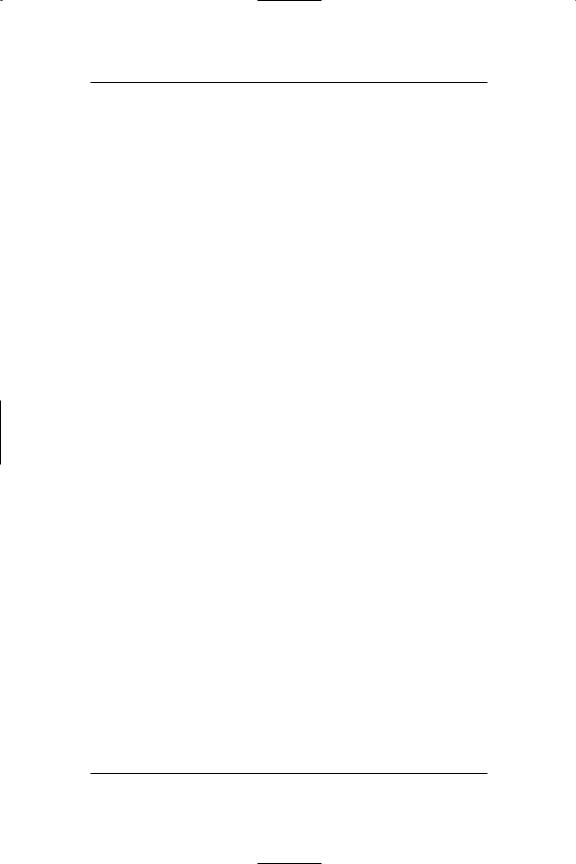
EXPERIENCE AND TRAINING
that was long on work and short on time, I tried to complete twice the work by the deadline. It was impossible. Fortunately, I accomplished enough to make the project successful. But I learned that no one, including me, can consistently produce optimum results with that much self-imposed pressure.
I’ve benefited greatly from the experience and have become even more effective in my work than before. Managing time and establishing priorities can make any employee more effective.
4.What risks did you take in your previous job and what was the outcome?
In my previous job, it appeared that the only way to succeed was to drive myself and those around me to the limit of our potential. If you’re afraid to try something new, you’ve unnecessarily foreclosed other options. But if you’re willing to attempt another way, more might be accomplished. Our hard-driving approach turned our department into a responsive, respected part of the company.
At times, being creative can be risky. My risks have always been carefully considered. I took them only after making sure I could save my employer money or time by my action. Because I put careful thought into my decisions, the outcome was consistently positive, and my success was noticed. By the time I left, I had the reputation of being an innovator who knew how to get the job done.
155
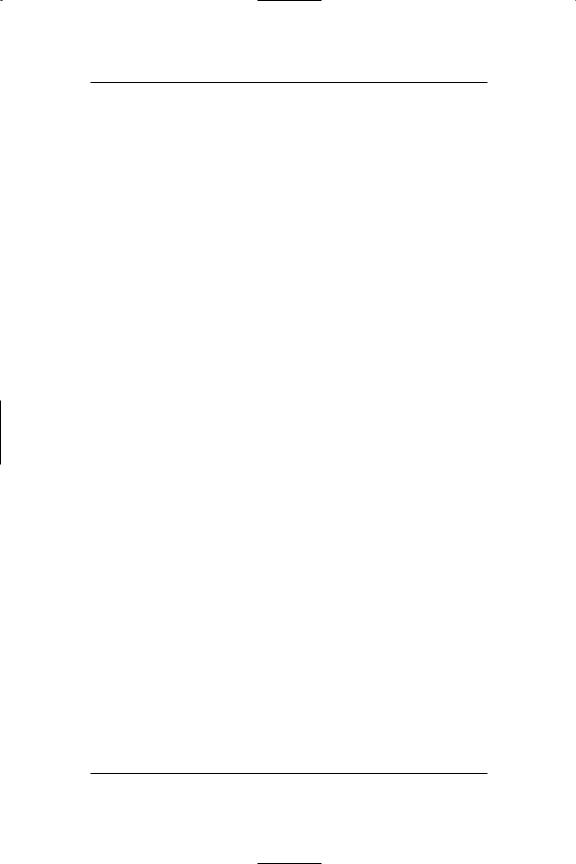
CHAPTER 9
5.How (do/did) you like working for your (current/previous) supervisor?
Working for my (current/previous) boss (has been/was) a great experience. (He/She) (is/was) a dedicated professional who really (understands/understood) this business and how to be successful in it. As a result, (he/she) (has earned/earned) the loyalty and respect of the entire department, and I (will be leaving/left) with mixed emotions.
From the time I began working at _________________
_____________________ (name of company), my supervisor took a sincere interest in my work. Under (his/her) guidance, I grew personally and professionally. I’ve learned that a great working environment is a two-way responsibility. All employees have to work together and respect each other for the job to get done.
I’ve been fortunate to work with and learn from someone who trusted and believed in (his/her) subordinates. That trust gave me the confidence I needed to be successful. I plan to use that same leadership style when I supervise others.
6.Have you done the best work you are capable of doing?
That’s hard to say, because I’m always striving to do better; but my performance reviews were consistently excellent. I’ve often tested my limits and have found I was capable of more than I—or my employers—thought.
156
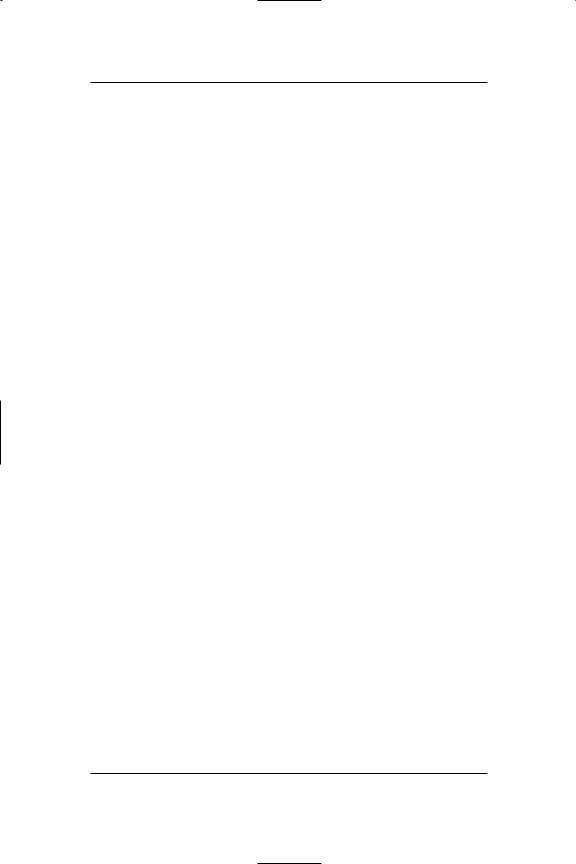
EXPERIENCE AND TRAINING
There are times when, for various reasons, it becomes difficult to do your best work. At times like those, I found myself driving to produce, to maintain my record of success. I approach every assignment with all my energy and talent. Even if I’ve done it before, I regard it as a new challenge to be met with a fresh approach.
I guess I’ve succeeded, because the results of my work have always been well-received.
7. Why are you leaving your current position?
I need to be challenged to develop my potential further. I’m interested in additional responsibility and new opportunity, which unfortunately are limited at __________
(name of current employer) because of __________________
(company size/limited product line/company restructuring or downsizing).
The reputation and market focus of ______________
_____________________________ (name of prospective employer) offer many opportunities for someone with my training and experience. It’s the optimum kind of environment I’ve been seeking.
8. What three areas of your job do you like most?
Only three? That’s difficult to answer because I like everything about my chosen field. Rather than pick out little details of the routine work, here are three general things.
157
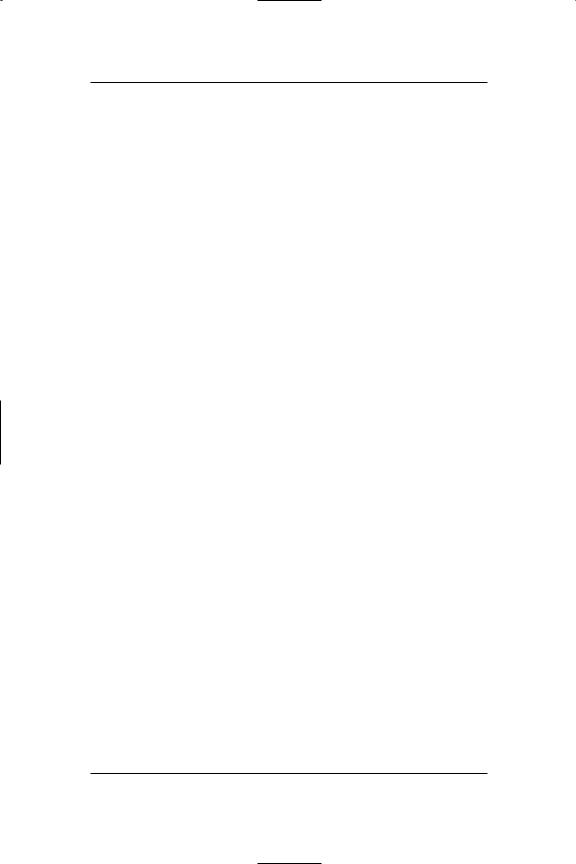
CHAPTER 9
First, I believe in the ________________ (product or service) and its value to our customers, so that’s a major one: a sense of pride that we’re doing something important.
Second, I like the constant challenge to all my faculties—intellectual, emotional, and physical—that working in this field provides. It keeps me active and productive.
And third, it’s the sense of progress—knowing that we’re in a growing, dynamic industry that will be important for many years. I’m excited about my participation in the future.
9. What three areas of your job do you like least?
I really like this work, so I can’t think of any major dislikes. I guess my answers will have to come under the category of “nuisances” or “annoyances.” They’re inevitable when you’re trying to accomplish something.
The biggest annoyance is other people who don’t share the same sense of purpose or care about the company’s goals—the kind of employees who are just putting in their time. It happens everywhere you work; but I can’t help thinking that, if everyone would concentrate on the business at hand, we’d all accomplish even more.
Then there’s the usual paperwork that seems to slow down the action. I realize the importance of documentation, and I cooperatively fill out the forms and log in all my time and phone calls. But I’m always looking for efficiencies in that area that will get me out (on the floor/in front of the customer/in the field) where I belong, doing
158
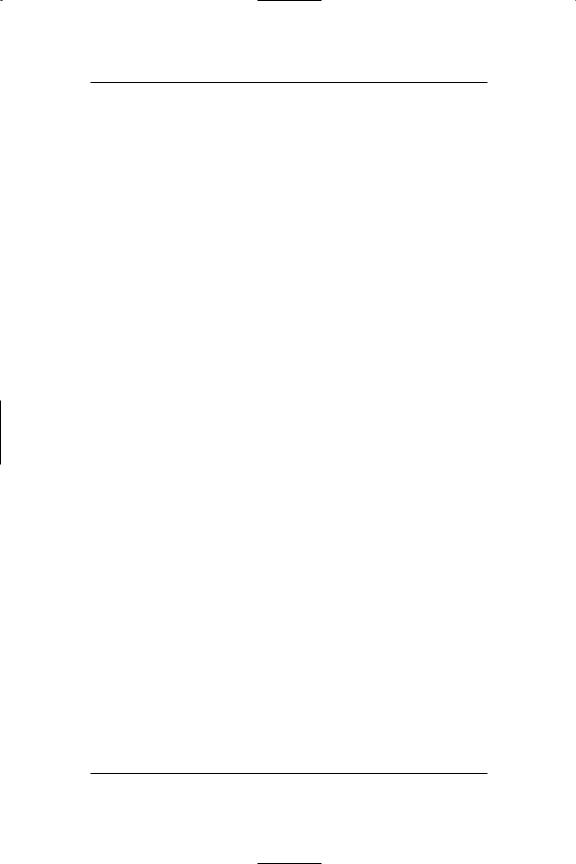
EXPERIENCE AND TRAINING
my job. I’d rather be on top of my paperwork than the other way around.
Finally, under the category of “nuisances” is
____________________________________________________. (Mention something trivial but common, like backorders from overseas suppliers, computer systems that need updating as soon as they are installed, and the like. Smile good-naturedly to show you realize “no pain, no gain.”)
10. Describe the best supervisor you ever had.
My best supervisor was someone who expected a lot from me and taught me to expect a lot from myself. Then, (he/she) guided me through the training, knowledge, and experience I needed to fulfill my potential and become a credit to the company.
(He/She) didn’t overmanage, but let me make enough minor mistakes on my own so I’d learn by doing. We discussed assignments—what was required, what I needed to do it, and where I could find assistance—but then (he/she) let me do my work my way.
There was always a feeling of mutual respect and trust. (He/She) fought for (his/her) employees, but (he/she) never tolerated anything less than the best job possible. As a result, (his/her) people always knew (his/her) expectations and internalized them so little direct supervision was required.
With such a firm, fair, and consistent leader, a lot of typical coworker dissatisfactions and disagreements
159
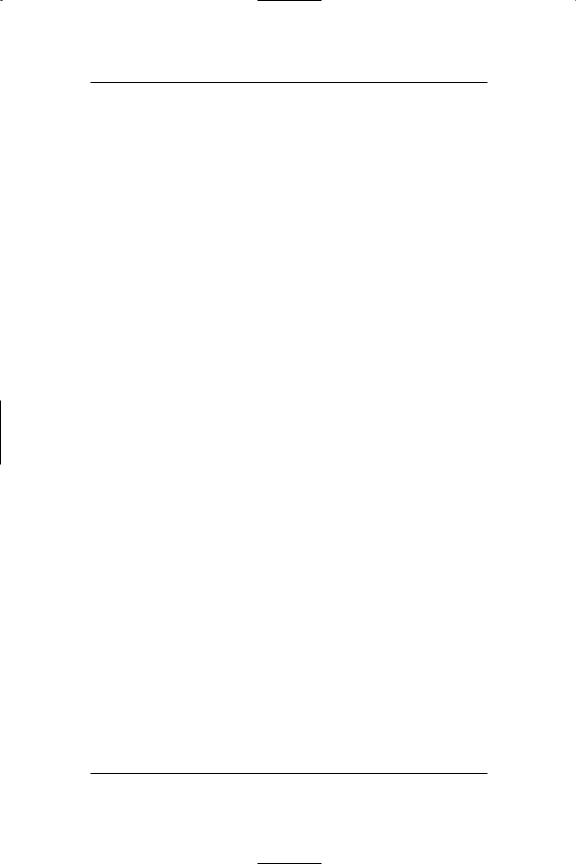
CHAPTER 9
were avoided. I remember that as a time when we showed that teamwork could accomplish a great deal. It was a pleasure to go to work in the morning and leave at night with a sense of accomplishment.
(If you’re applying for a management position, the final paragraph in this answer is also applicable:)
I’m fortunate that I met this extraordinary person early in my career. Knowing (him/her) really helped me develop my own leadership skills. Whenever I encountered problems in managing others, I thought about what (he/she) would do in the same situation. If I couldn’t come up with an answer, I’d call (him/her) and ask. Although it’s been ____ years since we worked together, (his/her) methods serve as a strong guide for my own leadership decisions.
11.Describe the best company you ever worked for.
(Think carefully about what “best company” means to you as an employee and develop your script from your experience. Write it in the lines provided after the following two samples.)
The one where people worked long and hard, but enjoyed themselves doing it. There was always a sense of purpose, and of achievement, in the air. At the end of every day, I had a real feeling of accomplishment and looked forward to the challenges awaiting me the next morning.
160
